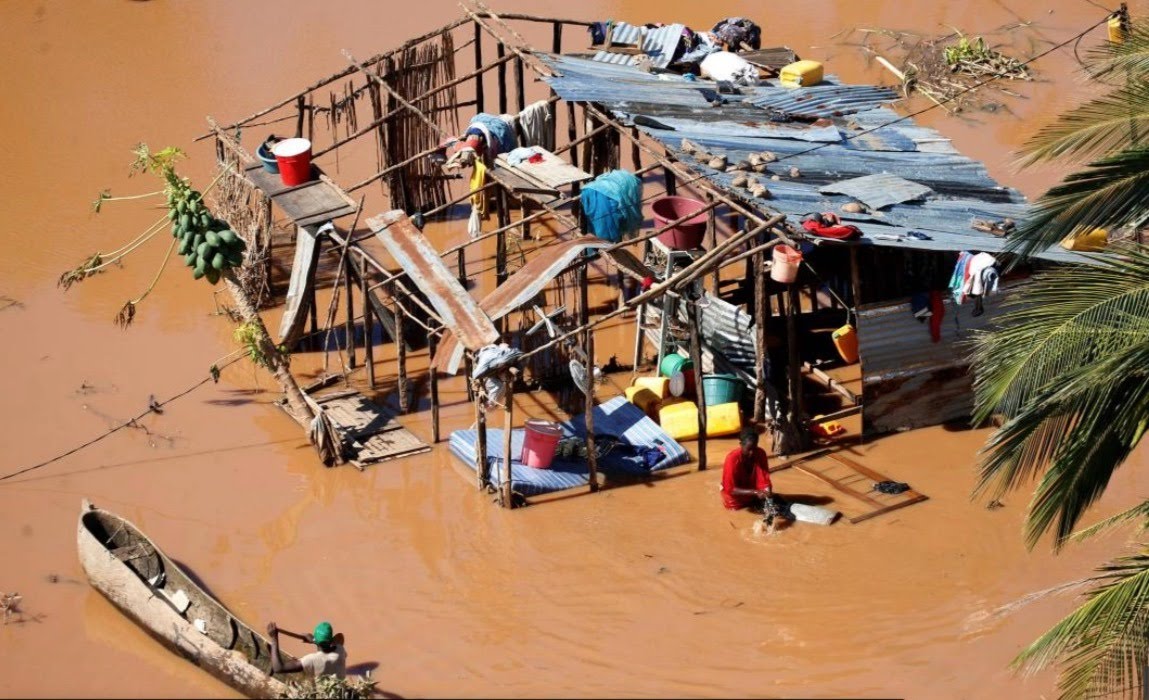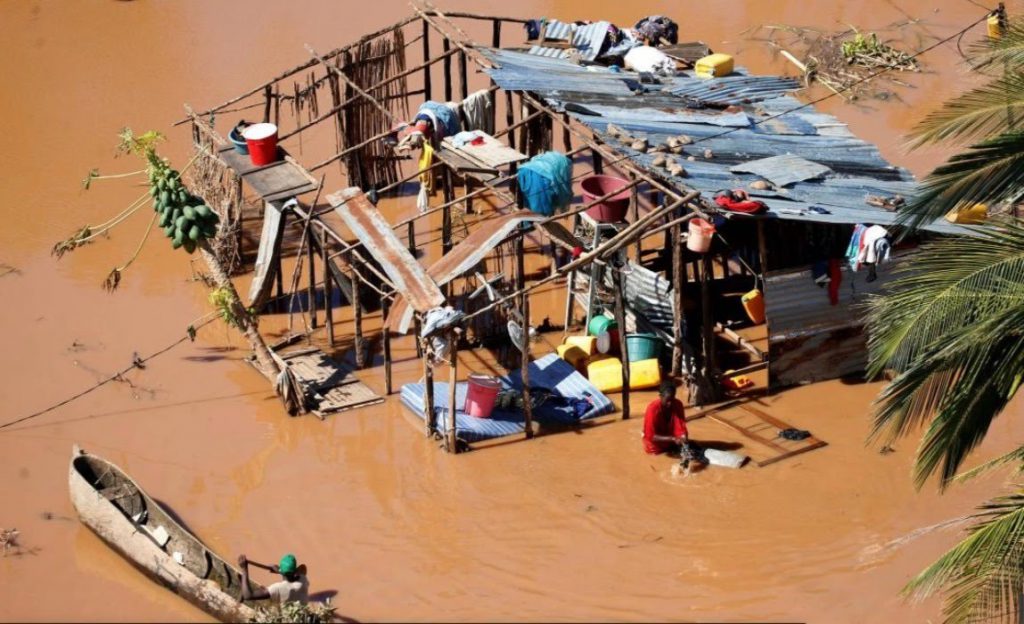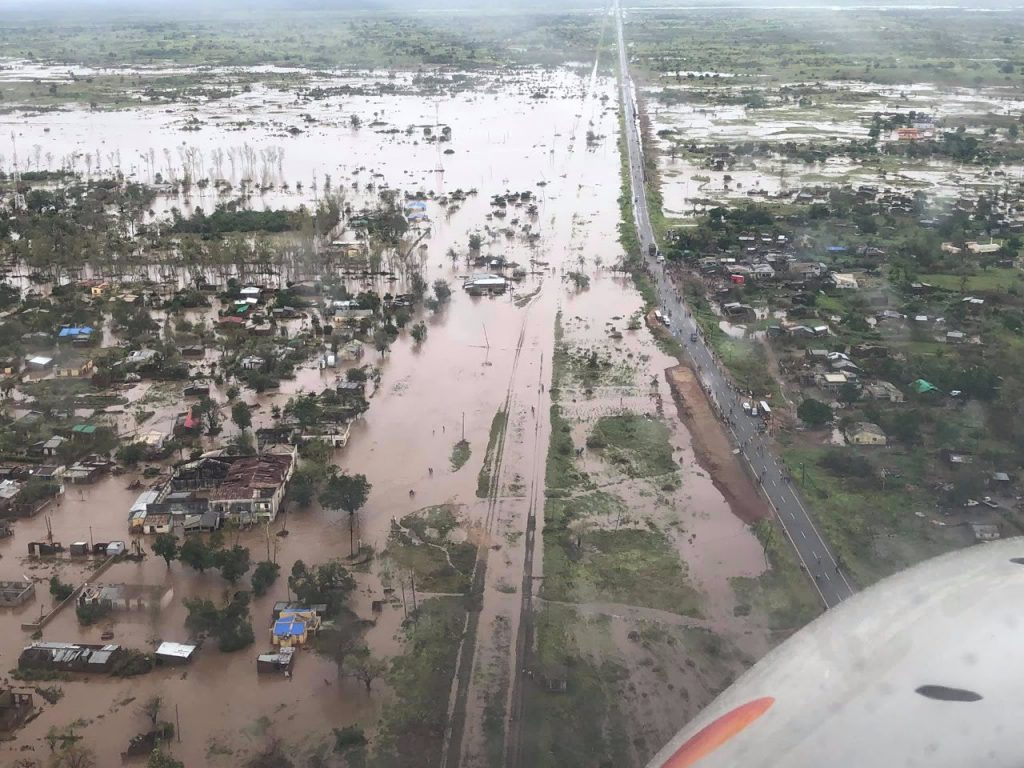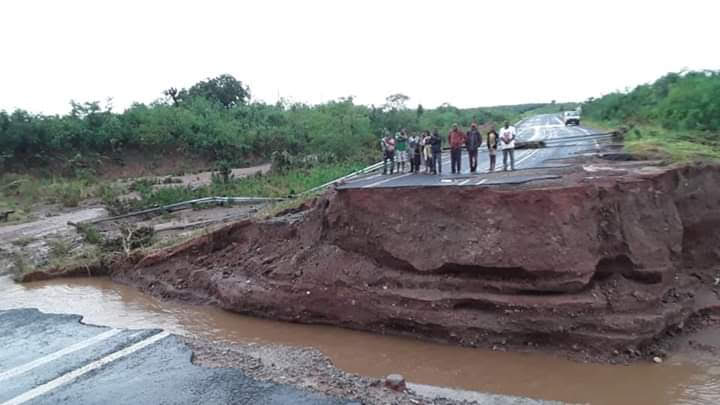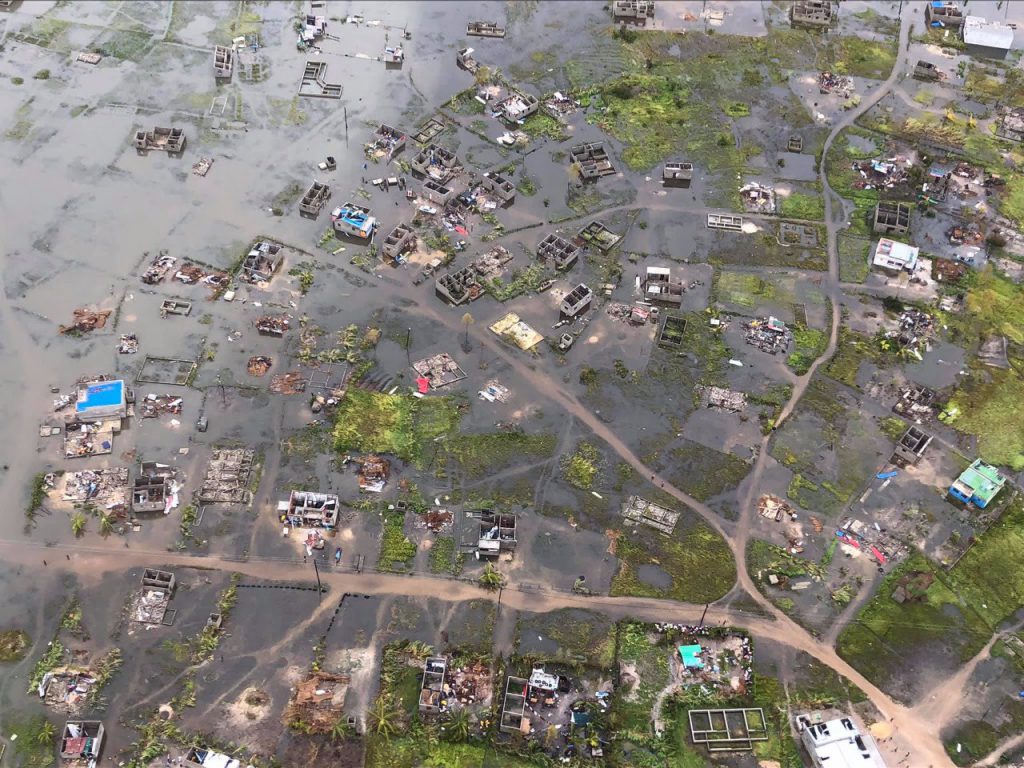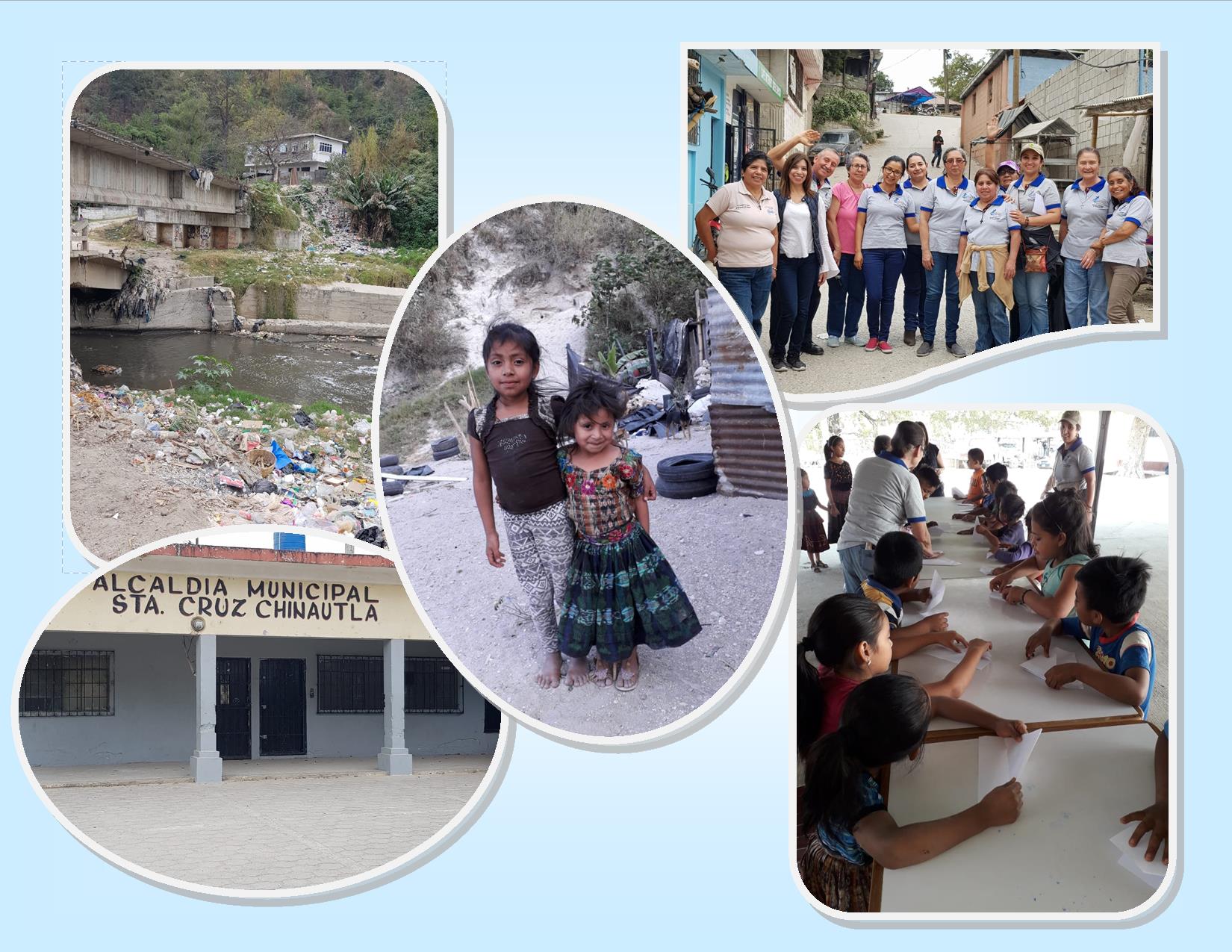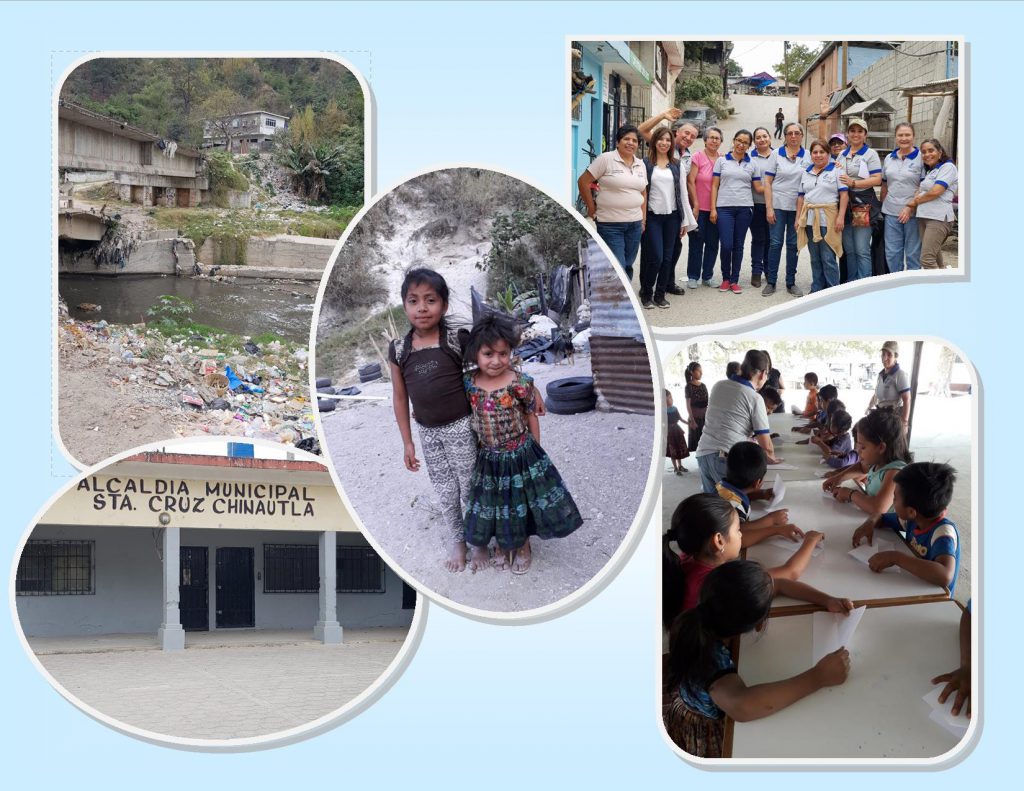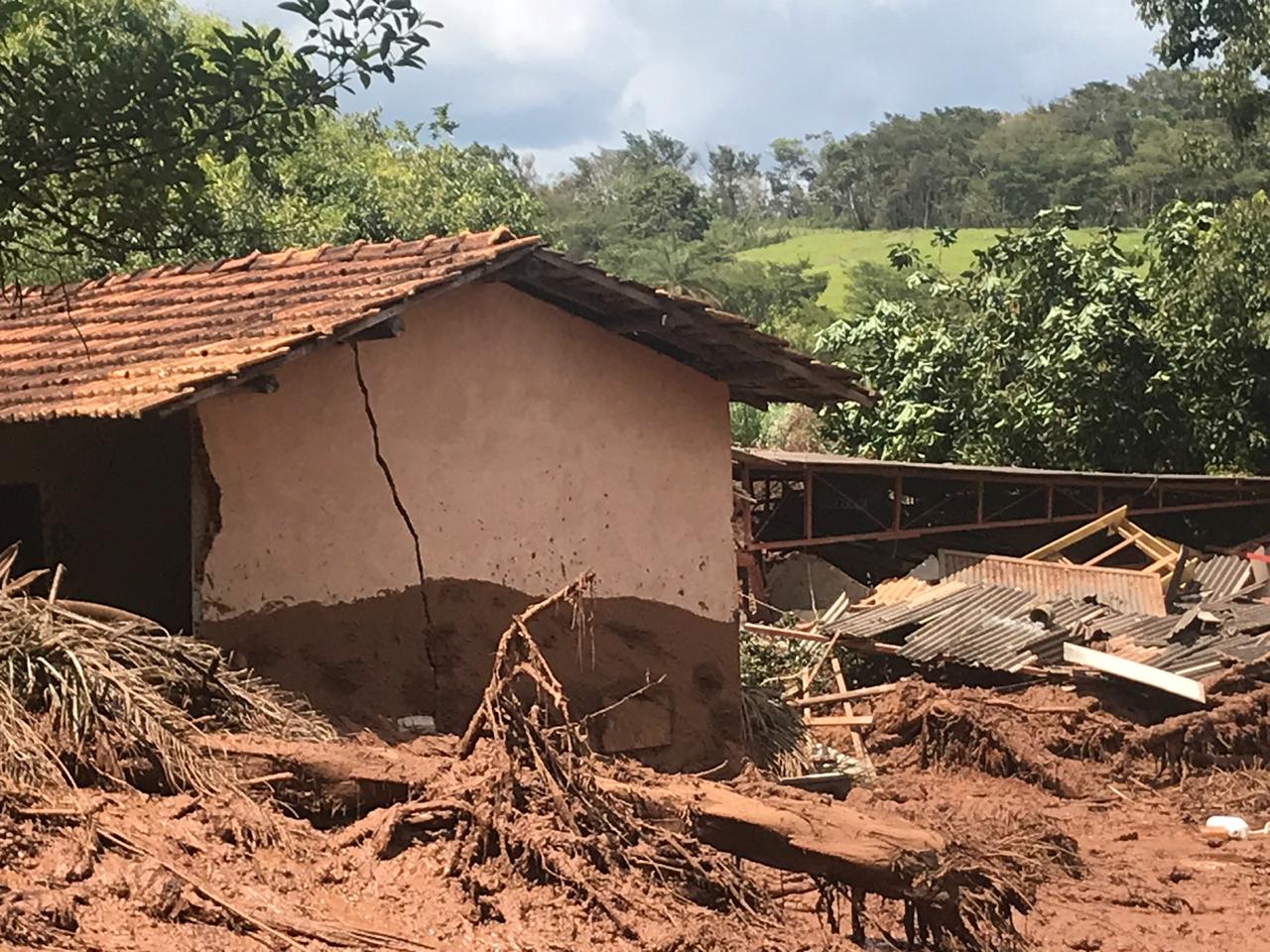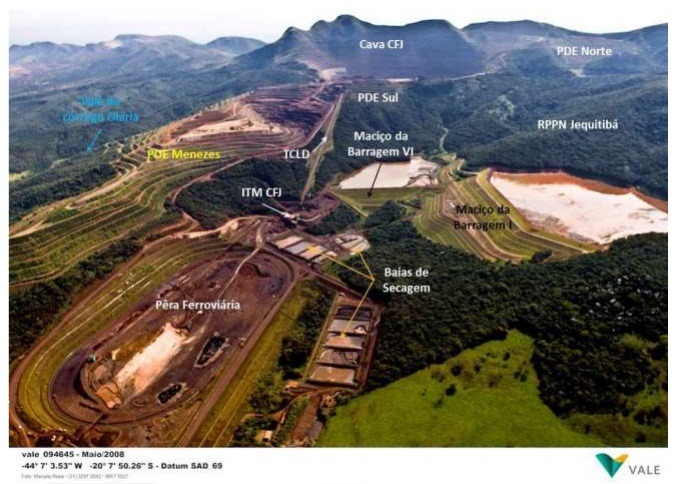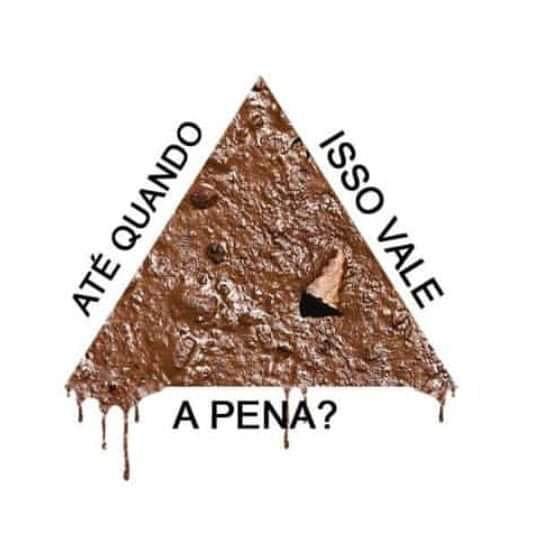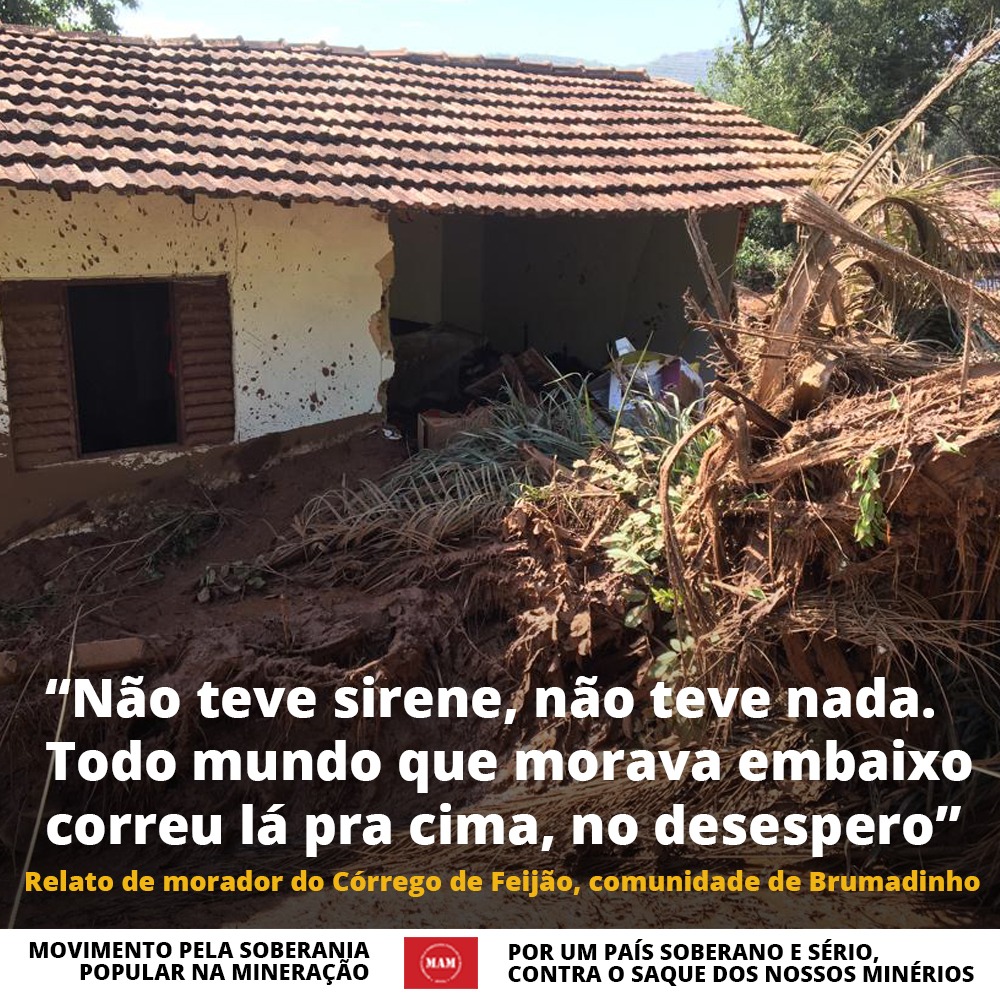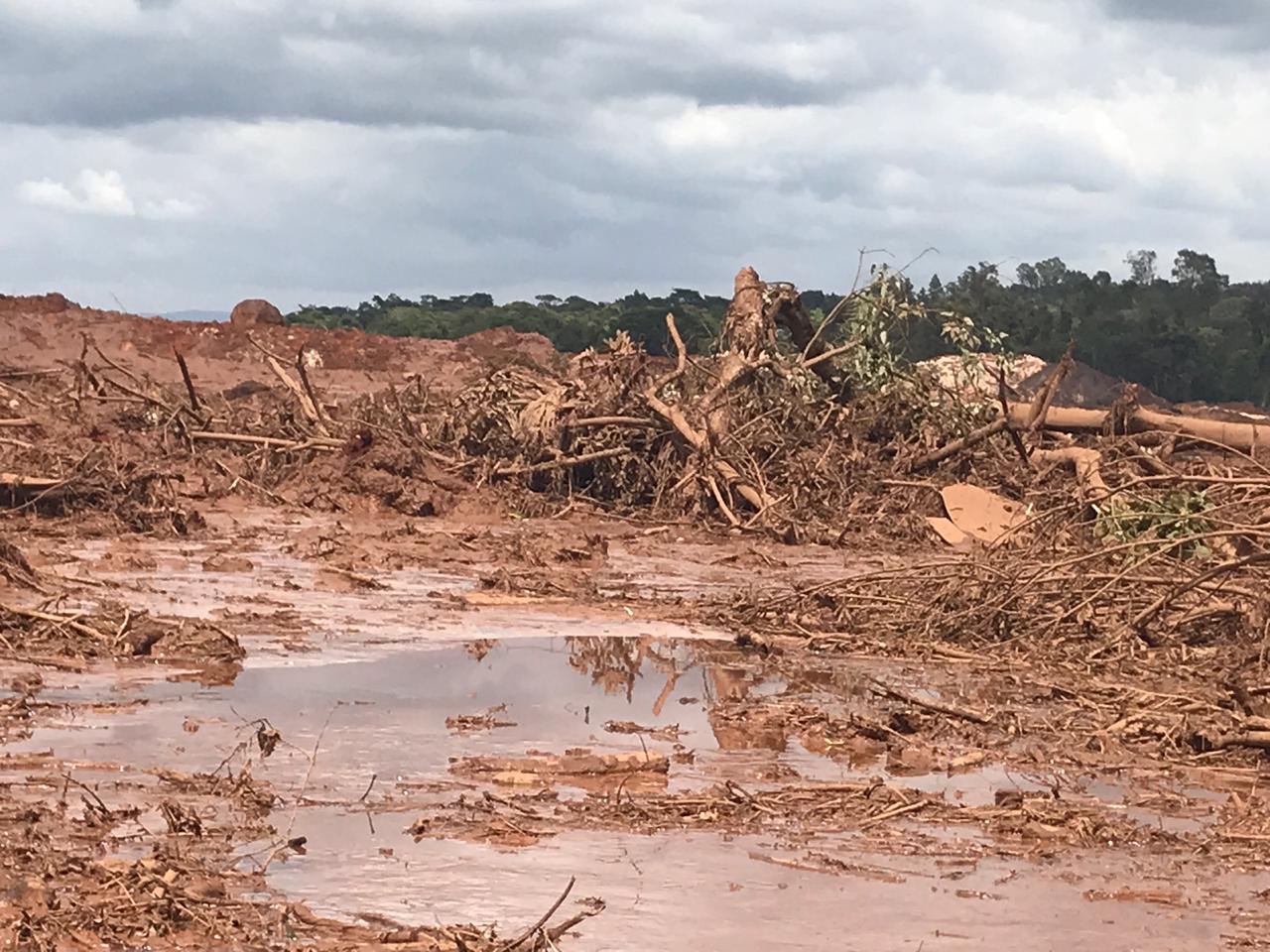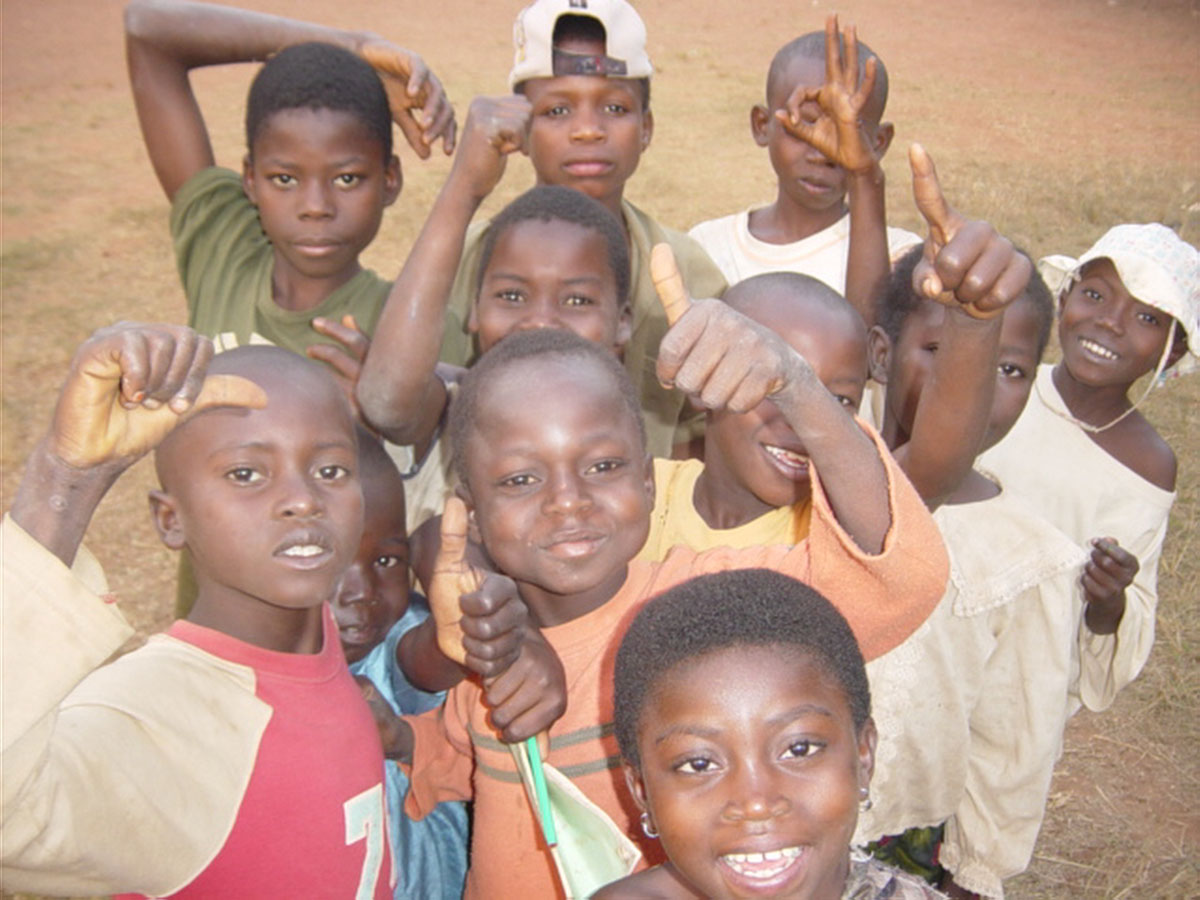A meeting of the AEFJN ANTENA KENYA, took place at the premises of the RSCK (Men Religious Conference of Kenya).
After seeing some questions of interest about the World today, Europe´s relationship to Africa, the coming European Elections, some Social Movements, and the way to organize the participation in the next Meeting with a representative of the AEFJN at Brussels, (may be asking from them economical support), in Uganda; on the motto „think globally, act locally“; some reflections were then done regarding the Kenya Situation.
The urgency of not only to meet but to act was felt by all participants.
An interesting proposal was to ask the Episcopal Conference to raise its voice about salaries for the workers (decreasing) and good allowances for parliamentarians (increasing).
The importance of higher Education for Religious both men and women was a relevant point.
That was the time to introduce properly the “INSTITUTE OF SOCIAL MINISTRY IN MISSION” (ISMM) of THE “CATHOLIC TANGAZA UNIVERSITY COLLEGE” (TUC). THE TANGAZA UNIVERSITY COLLEGE is jointly owned by members of Religious Congregations. Currently the College offers certificate, diploma, undergraduate and master‘s degrees in its Institutes.
But the “institute of social ministry in mission” (ISMM) is the one run by the Comboni missionaries, MCCJ, together with the Comboni missionary sisters, CMS, as Comboni-family. It is an institute of higher learning, founded in 1994, to train agents of “social transformation” for the society, the church, the states and institutions. It offers diploma, b.a, m.a, and doctorate programs. Not only for Kenyan but also for citizens of the neighboring countries. Especially right now, that Europe seems to close the doors to students from Africa it is the fundamental importance that all Religious Congregations here and there, know about these GREAT POSSIBILITIES in this Institute.
The institute, now even with the PhD program on “social transformation” celebrates this year its silver jubilee!
It is really a wonderful Comboni-family achievement.
ISMM MISSION
The mission of “ISMM” is to offer high standards of education that unlock the noble potentials of every learner to become a “transformer” agent in the society.
“ISMM” programs offer learners opportunity for growth, and spiritual guidance that contribute towards their welfare, acquiring knowledge, attitudes, and skills necessary for social transformation in the society. Programs focus on human dignity, social justice, advocacy, research and development, providing the learners with the methodology competences, and operational tools for facilitating them. In fact, many of the graduated people are already active in “social movements” aiming to transform society in many different areas from politics and legislations to entrepreneurships, from environment to peace building, health, etc.
“ISMM” is a center of excellence and innovation for transformative ministerial learning and “social transformation”. “ISMM” educates and train agents to discover their personal, communitarian and „world transformations” calling. They contribute with enthusiasm, creativity, initiative, integrity, and professional competence, to a society where human dignity is cherished, and development is understood as a process to realize the full potential of human life and social justice.
Nevertheless my emphasis is necessary, why?
Because it is well known, that plenty of Europeans come to make „practical experiences in Africa“, while the rich nations (?) Do not want to give visas to African students!!! And African students should also have „practical experience“ abroad!!! According to justice we should do strong advocacy for them…; for that….!!! It is a very combonian issue. We may try our best to raise awareness even among e.u. parliamentarians about this!! And to do an effective campaign on it.
It is for Africa! It is for the Africans! It is for the world! It is for the Kingdom of God!
Right now, directly from Kenya,
Sr. Teresita Cortés Aguirre CMS





